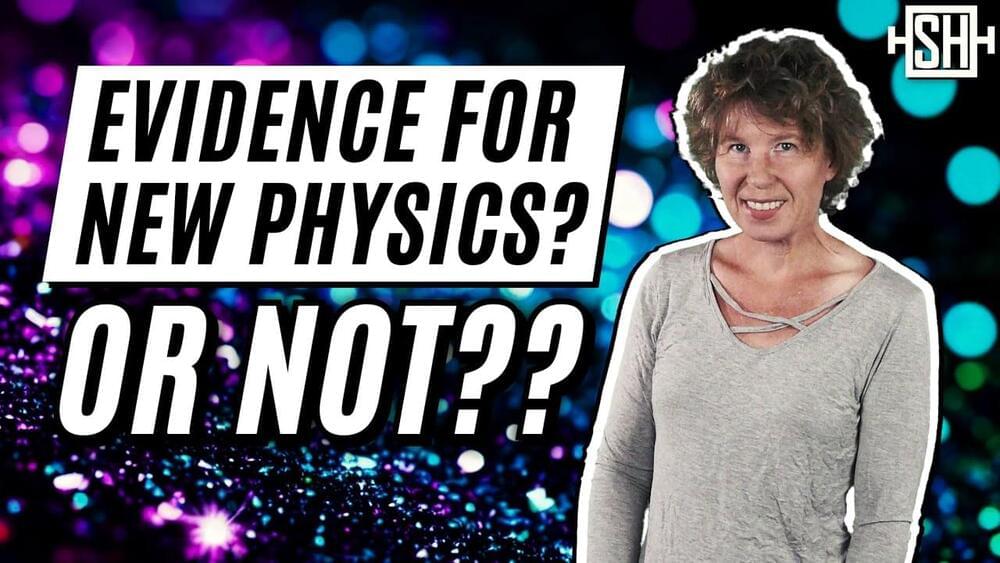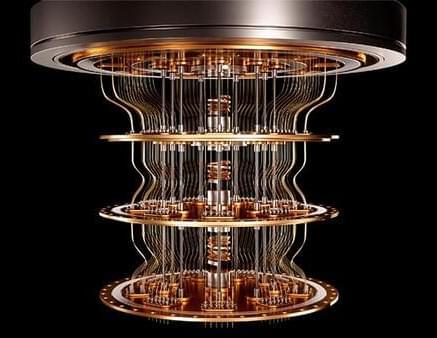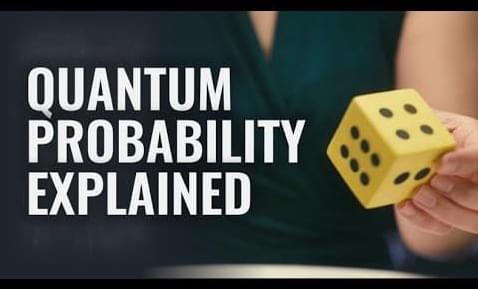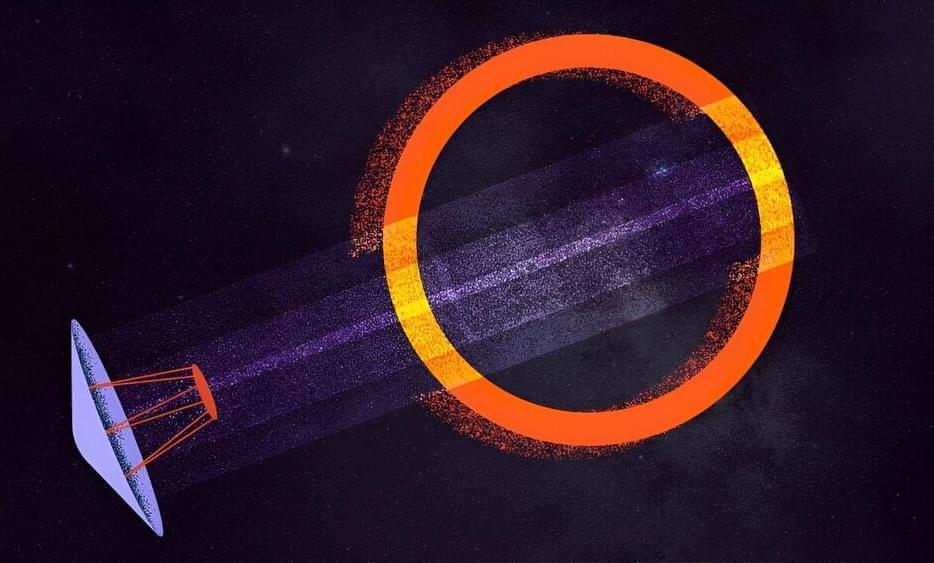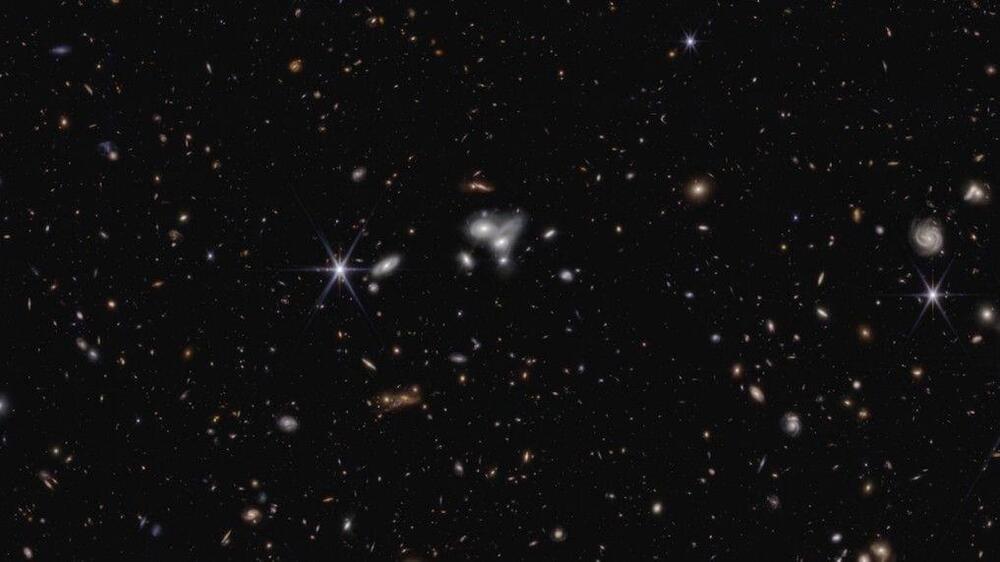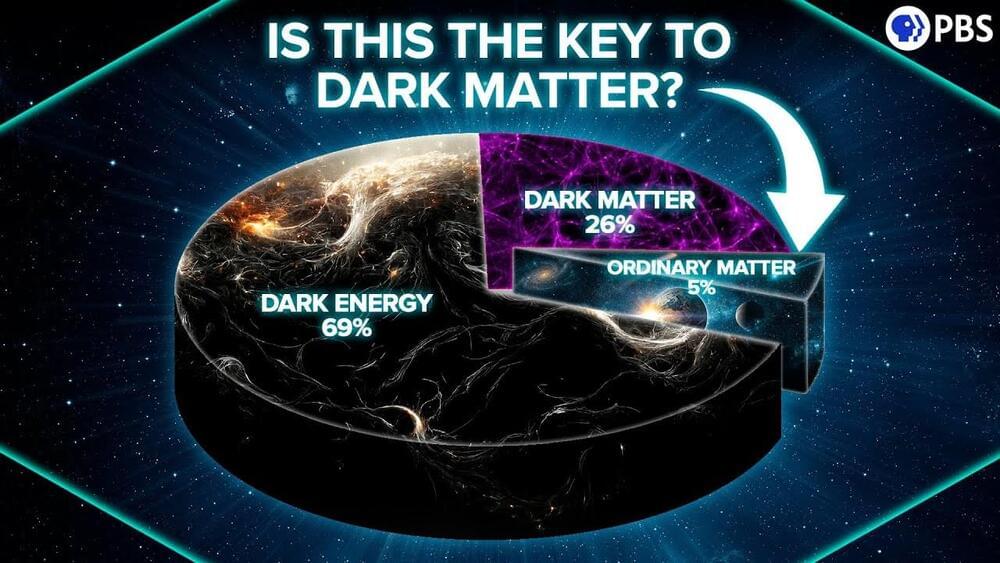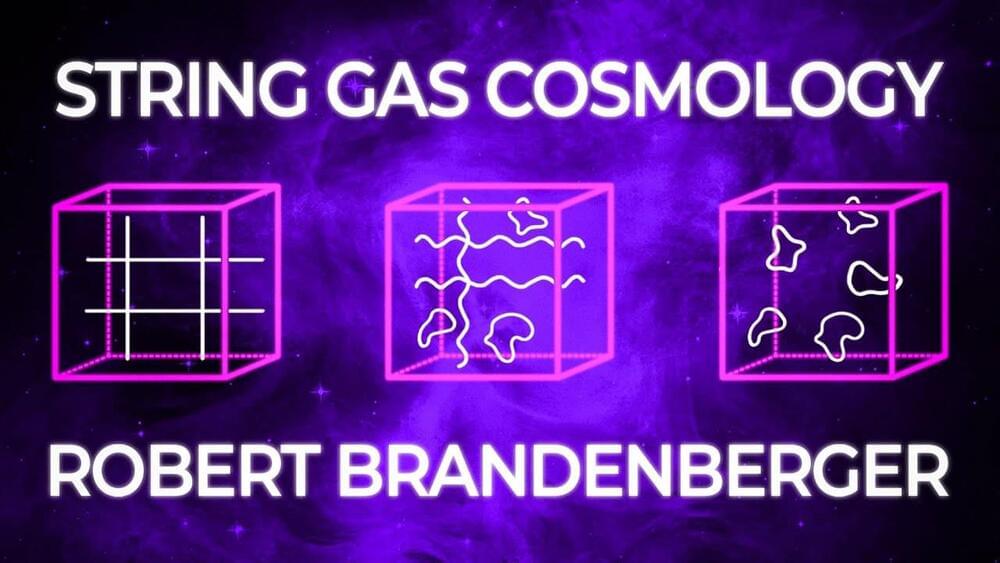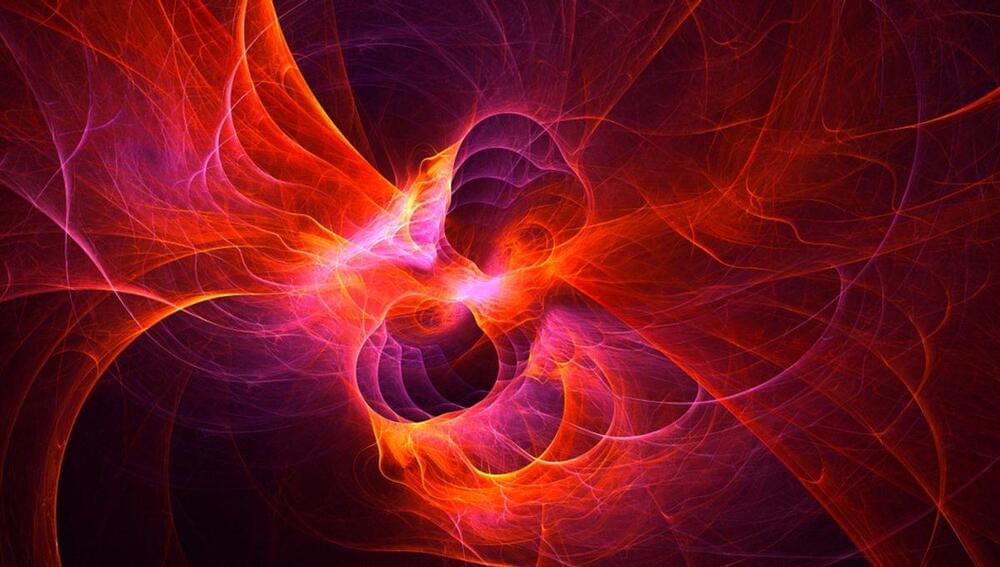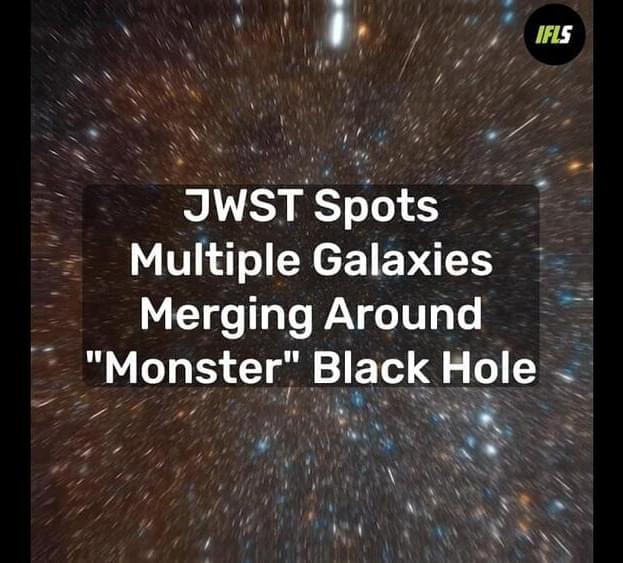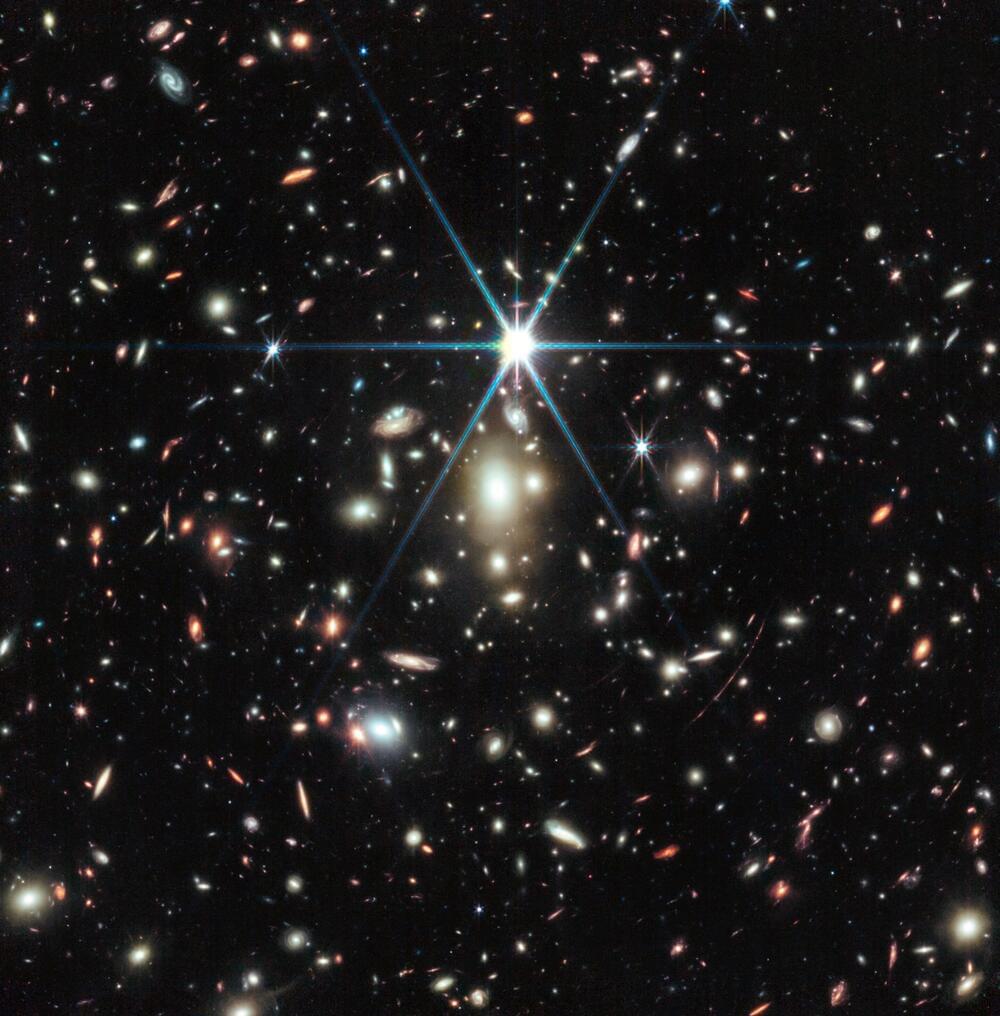
Detecting extremely distant stars, or those closest in time to the big bang, can provide insights into the first few chapters of the history of our universe. In 2022, the Hubble Space Telescope broke its own record, and spotted the most distant star yet. This star, nicknamed Earendel, emitted its light within the universe’s first billion years.
Spotting, and confirming, the distance of the star is just the beginning, though. That’s where NASA’s James Webb Space Telescope comes in. Webb’s initial observations of Earendel have revealed insights into the star’s type, and even the galaxy surrounding the star. Future analysis of Webb spectroscopic observations of Earendel and its host galaxy, the Sunrise Arc, could also reveal information about brightness, temperature, and composition.
NASA’s James Webb Space Telescope has followed up on observations by the Hubble Space Telescope of the farthest star ever detected in the very distant universe, within the first billion years after the big bang. Webb’s NIRCam (Near-Infrared Camera) instrument reveals the star to be a massive B-type star more than twice as hot as our sun, and about a million times more luminous.
